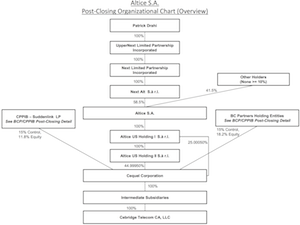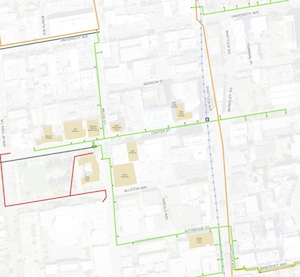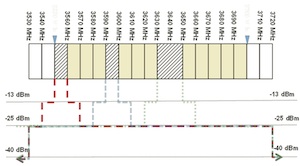CPUC will wait another month to vote on establishing broadband jurisdiction
![By David Hiser, 1937-, Photographer (NARA record: 3651517) (U.S. National Archives and Records Administration) [Public domain], via Wikimedia Commons](https://www.tellusventure.com/images/2015/6/can_down_the_road.jpg)
The California Public Utilities Commission kicked the Comcast can down the road a month. It was supposed to take up two competing proposals for closing out Comcast’s failed purchase of Time Warner’s cable systems and market swaps with Charter this week, but the decision was pushed off to the commission’s 23 July 2015 meeting. A third alternative is also expected to be on the agenda that day.
The options in front of the CPUC are…
… More

![By David Ball (Original work) [GFDL (https://www.gnu.org/copyleft/fdl.html), CC-BY-SA-3.0 (https://creativecommons.org/licenses/by-sa/3.0/) or CC BY 2.5 (https://creativecommons.org/licenses/by/2.5)], via Wikimedia Commons](https://www.tellusventure.com/images/2015/6/the_golden_gate.jpg)





![By PH1 R.J. Lincoln, USN (U.S. DefenseImagery photo VIRIN: DN-SC-82-00353) [Public domain], via Wikimedia Commons](https://www.tellusventure.com/images/2015/6/carrier.jpg)
